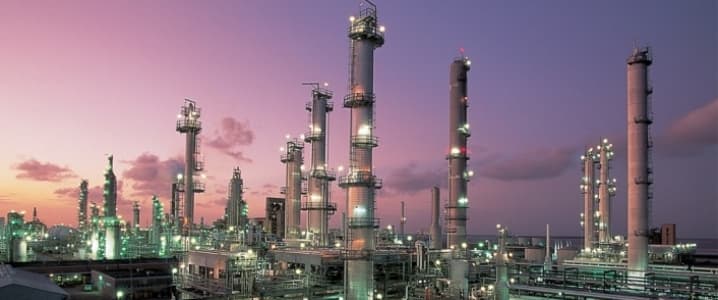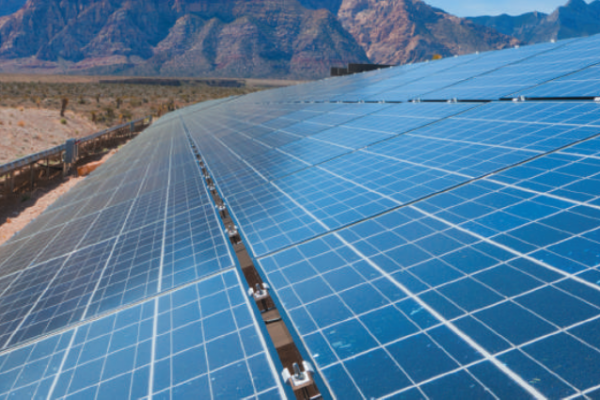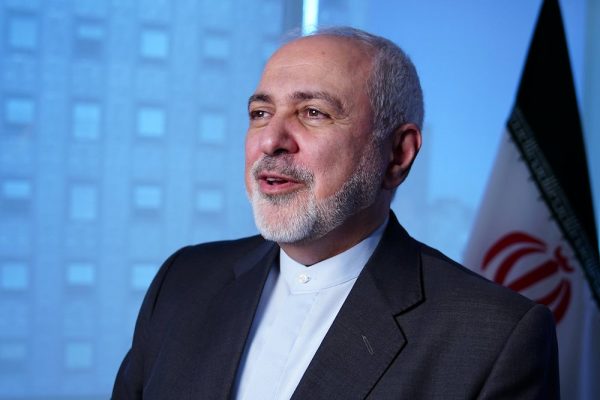

Interaction with Iran is in the interest of the international economy and global trade, Managing Director of Pars Special Economic Energy Zone (PSEEZ) Seyed Pirouz Mousavi said, adding that oil ministry welcomes partnership of all countries in areas related to the development of the energy industry.
Mousavi, in a Saturday meeting with economic advisers from Belgium, Japan, South Africa and Azerbaijan, said that Iran has always wanted to work with all countries, and the Ministry of Petroleum is ready to actively participate countries in the fields related to the development of this industry.
Referring to the interest and cooperation of some of the world’s leading oil companies to invest in the PSEEZ, the official went on to say, ‘Significant reserves and economic advantage of upstream and downstream projects in this region have always been considered by companies such as Total, Eni, Gazprom, Petronas, Hyundaiand Daimler.’
Mousavi said the area is close to the needed products and international waterway of the Persian Gulf, and infrastructure such as the port and the airport is an opportunity to invest in upstream, and downstream industries, and if capital requests for investment are made, economic incentives for creating projects in special zones will also be allocated to them.
The official said the region would be Persian Gulf energy hub in a not-too-distant future and emphasized that there are 24 refineries, 30 petrochemicals, 2 specialized and special zones in Parsian and Lamerd, which are a huge capacity for investors and undoubtedly cooperation in this field can guarantee energy supply.
Despite unilateral US sanctions on Iran, Dutch oil and gas companies still have a significant presence in the country, said an oil expert and the representative of a Dutch firm in the 24th Iran Oil Show.
Speaking to Shana on the sidelines of the exhibition in the Iranian capital of Tehran on Friday (May 3), Khosrow Salour, who is also the managing director of Sayeh Gostar Pars Managers Economic and Business Consultancy, said despite US sanctions and threats and concerns expressed by Dutch banks, the European state’s firms still have an active presence in Iran.
Dutch companies cooperate with Iran’s oil industry in different forms, he said, adding many of them are directly carrying out activities in the country’s market.
Salour noted that the Dutch government does not prevent the country’s companies from cooperating with Iran’s oil industry and is committed to the terms of the Joint Comprehensive Plan of Action (JCPOA), signed between Iran and P5+1 in July 2015.
Last May, US President Donald Trump pulled Washington out of the JCPOA and reimposed the White House’s unilateral sanctions on Tehran in two phases, both already in place.
Two Dutch firms have participated in the 24th Iran Oil Show, including Dutch Energy Solutions, he said.
Representatives of a large number of firms from the European country attended the exhibition as visitors, Salour added.
Last week, the Iranian National Oil Company sold 70,000 barrels of heavy crude in a new round of oil offer on the Exchange(IRENEX)”>Iran Energy Exchange.
The company had offered 1 million barrels of heavy crude in cargos of 35,000 barrels each and sold two cargos at $63.51/barrel.
Buyers are required to pay 6% of the order value in rials two hours before the beginning of trading time. They settle the payment 90 days after trade.
Payments can be settled both in rials and foreign currency and the exchange rate is based on open market rates.
Offering crude oil on the stock market is part of efforts to involve the private sector and international companies in the oil industry as a way to bypass the sanctions.
Role of the private sector in oil sale has gained traction, particularly after the new US sanctions which, among other things, has hit the key oil industry, aiming to hurt the economy.
Lawmakers last year required the Oil Ministry to offer crude oil on a regular basis on Exchange (IRENEX)”>IRENEX. Accordingly, the NIOC offers 2 million barrels of oil on Exchange (IRENEX)”>IRENEX on a monthly basis.
According to the NIOC website, after the oil sales via Exchange (IRENEX)”>IRENEX started, the company has sold 1 million barrels plus of light crude. The Tuesday’s trade was the first cargo of heavy crude sold via Exchange (IRENEX)”>IRENEX.
Iranian Oil Minister Bijan Namdar Zanganeh underlined on Wednesday that the US attempts in collaboration with Saudi Arabia and the UAE to stop Iran’s crude exports were doomed to failure, stressing that the two Arab states’ claims about excess production capacity were baseless.
“The Americans are after zeroing Iran’s oil exports, and I need say that the country’s collaboration with two of our neighbors which centers on baseless illusions will not materialize,” Zanganeh said, addressing an opening ceremony of the international oil industry exhibition in Tehran.
He added that the Saudi and UAE claims about their capacity for production of oil and reservoirs were not correct, but exaggerated, and asked them to corroborate their claims with facts and documented proof that could be studied and verified by the international bodies.
Zanganeh also underlined that the capacity for Iran’s gas production would surpass 1,000mln cubic/meters this year, adding that the country would continue its focus on investment in the South Pars oil and gas field.
In relevant remarks last week, President Hassan Rouhani had also downplayed the effects of Washington’s decision to end sanctions waivers on Iran’s oil sales, and dismissed talks with the US administration which uses the language of threat and force to demand negotiations.
“We have always been people who favor talks and diplomacy as we are people of war and defense. Negotiations will be possible when all pressures are taken off, they (the US) apologize for their illegal measures and when there is mutual respect. Undoubtedly, demands by a knife-stabbing person who lies and is using force to hold talks is not accepted and we do not negotiate with a knife-stabbing person and with the formula of knife-stabbing, as accepting such negotiations means humiliation and surrender,” President Rouhani said, addressing a cabinet meeting in Tehran.
He said that the US was no way ready for negotiations, reminding that Washington’s 4-decade-long plots against the Iranian nation had all ended in fiasco and failure for the White House.
“And they will fail in their plots again,” Rouhani underscored.
He played down the US threats to zero Iran’s oil exports, saying, “This is not possible and we will sell our oil in different ways, while this move by the US is an oppression against all the world nations, international oil firms and even its own nation.”
President Rouhani said Iran was pleased with all its neighbors, except Saudi Arabia and the UAE, and sent them a tacit warning. “They should note their acts and behavior. Saudi Arabia and the UAE should know that they have survived because of the wise decision made by the Islamic Republic of Iran’s government.”
He explained that when Iraqi dictator Saddam Hussein occupied Kuwait in 1990s he sent a message to demand Iran’s cooperation with Baghdad in occupation of other Persian Gulf Arab states, but his offer was turned down by Iran.
“It was the Islamic Republic of Iran which saved Saudi Arabia; had we made another decision in that period of time, there would have been no sign of Saudi Arabia and the UAE,” Rouhani said.
He blasted Riyadh and Doha for their collaboration with the US in pressuring Iran through compensating for Iran’s production share to be lost under the new US decision.
“You know that the Islamic Republic of Iran is the main regional power and if it changes its decision, it will bring it into action; therefore, you must choose a path beneficial to the regional and world nations and the market,” President Rouhani said.



